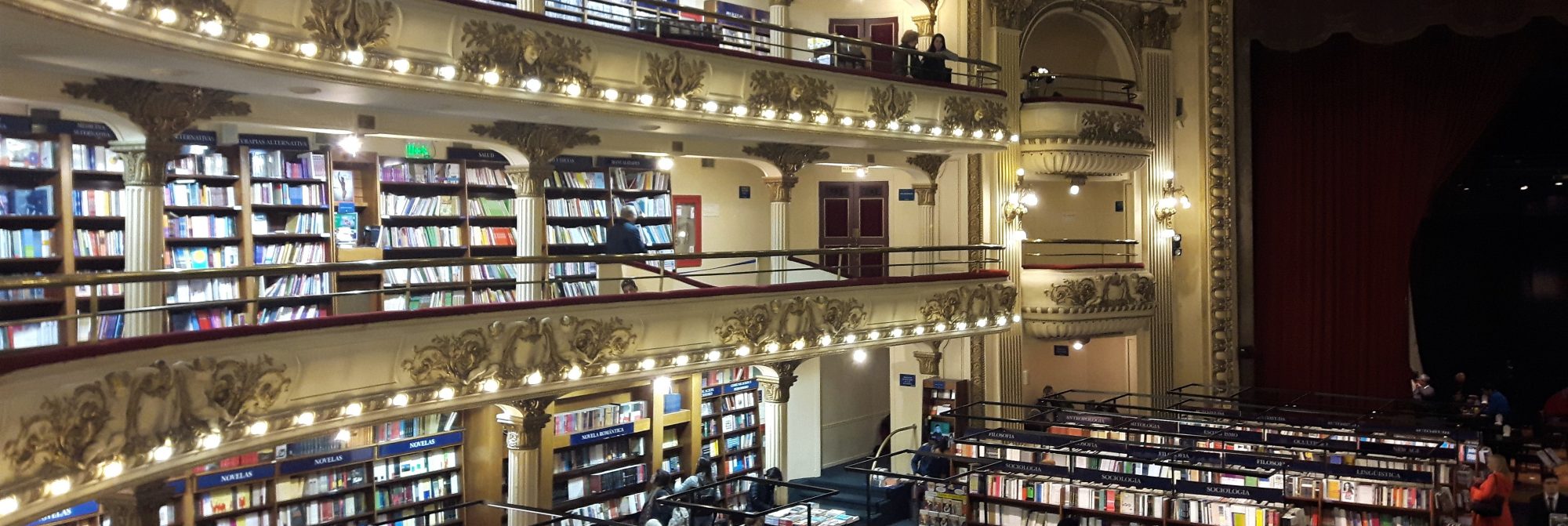This week we have explored various representations of Columbus’ arrival in the New World, through texts and student videos.
Within the texts, it is clear that both authors, as posed in one of the week’s questions were very much aware of their audience. Columbus addresses the Crown within his introduction and Poma associates the years within his narrative to the Pope and royalty that were active during whatever time period he was addressing.
I think that Poma used his platform to describe how poorly and unfairly the indigenous peoples were treated as a result of ‘the conquest’, which is very interesting considering he knew that Europeans would read his writings. His piece addressing the critiquing the mistreatment of indigenous people I think was very courageous, even if he wrote it after the conquest itself and was a proxy more than a direct representation. Poma’s piece also introduces the idea that Columbus, much like another questions we are meant to discuss this week, was not the hero that everyone thought at his time. Although his actions were extremely beneficial for Europe, he absolutely decimated populations that had been inhabiting those areas for hundreds, if not thousands of years.
By using images alongside his writing, he introduces his audience, even centuries later, into how he wanted the conquest to be seen. A major difference between Columbus’ and Poma’s is their description of the indigenous people residing on the islands. Columbus describes the peoples as ignorant and naked, carrying no weapons and easily susceptible to conversion. Poma gives more agency to the indigenous people by describing them as well-dressed in gold and silver clothing and describing the Inca king in full glory before the Europeans and his own people. Unlike the ignorant and meek people Columbus described, according to Poma the king was very aware of his power and was not willing to convert to Christianity, leading to his capture.
I believe that viewing Columbus as either a hero or a villain is not helpful or useful for anyone. The former completely ignores the horrendous and abusive nature of his actions and leads to a very skewed view of past events. It also makes it difficult for an open and honest conversation about indigenous problems and struggles in today’s day and age and how they are a result of the conquest of the Americas. The latter ignores that fact that it is unfortunately thanks to Columbus and endeavours like his that the field of botany, anthropology, and cosmology (to name a few) exist in a an academic setting today.
What is the greatest benefit that we get today, as young academics, from the agency that Poma gives the indigenous peoples that the Europeans came into contact with that is described in his book?

Hi! I agree with your belief that viewing Columbus as a hero or villain serves no purpose. Both sides need to be acknowledged and making the blatant statement that Columbus was either good or bad is dismissing the other side of the story.